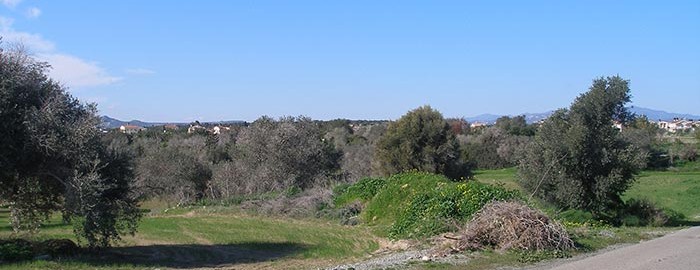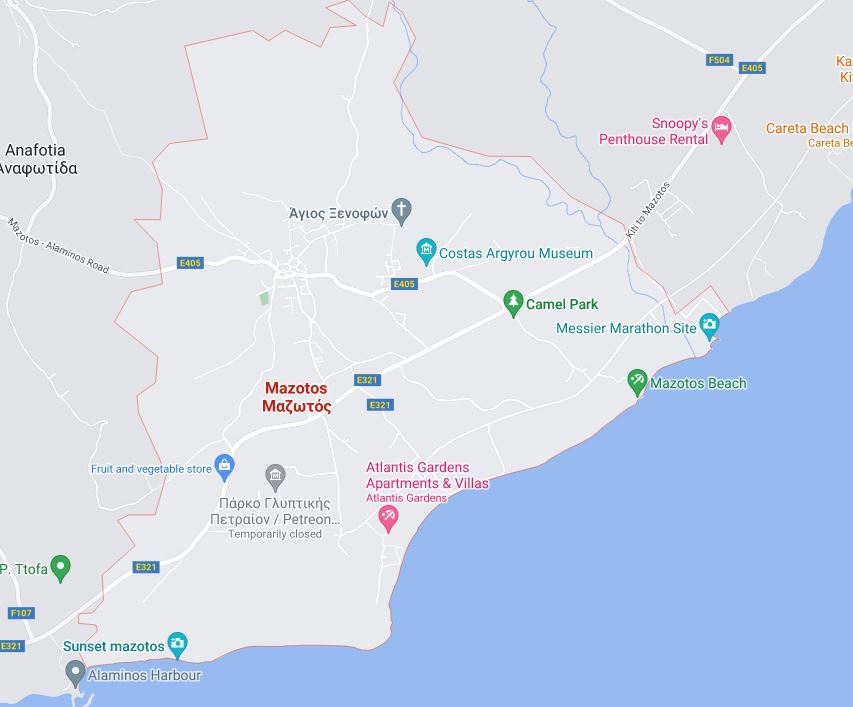
Olive cultivation constitutes one of the occupations of the residents of Mazotos. Presented below are the main cultivating cares regarding olive trees:
Preparing the ground is one of the first tasks olive cultivators need to perform. For the soil to be ready, it must be enriched with nutritious elements and be freed from pesticides.
Pruning the olive trees is very important for their productivity. This takes place either at the beginning of spring or during the harvest period. During pruning, all branches which are considered useless are cut so that only the fruit-bearing branches will remain on the tree.
The irrigation of the olive trees must be carried out with extreme care since olive trees do not require frequent irrigation. However, during the florescence period, that is during the spring months, the irrigation of the olive trees is crucial both for the increase of their production as the quality of their fruit.
The harvest period takes place from the end of October until the end of February. To collect the olives cultivators use the traditional method of caning, as well as modern methods with modern machinery.
The traditional method of caning includes beating the olive tree with a wooden stick to that the olives will fall to the ground and more specifically on the huge sheets which are previously placed under the trees. Next, the olives are put into cases and transferred to the olive oil press for the production of olive oil.
Finally, some olive cultivators follow the traditional method for the multiplication of olive trees called grafting. This particular method involves attaching a branch of olive tree to another tree, while it takes three years after it has been planted for the tree to produce any crops.
Finally, it is worth mentioning that the green crashed olive and the olive oil of Mazotos are distinguished for their fine taste and quality.
Source:
Ionas Ioannis, Traditional Cyprus Professions, Nicosia, 2001, p.487-49



